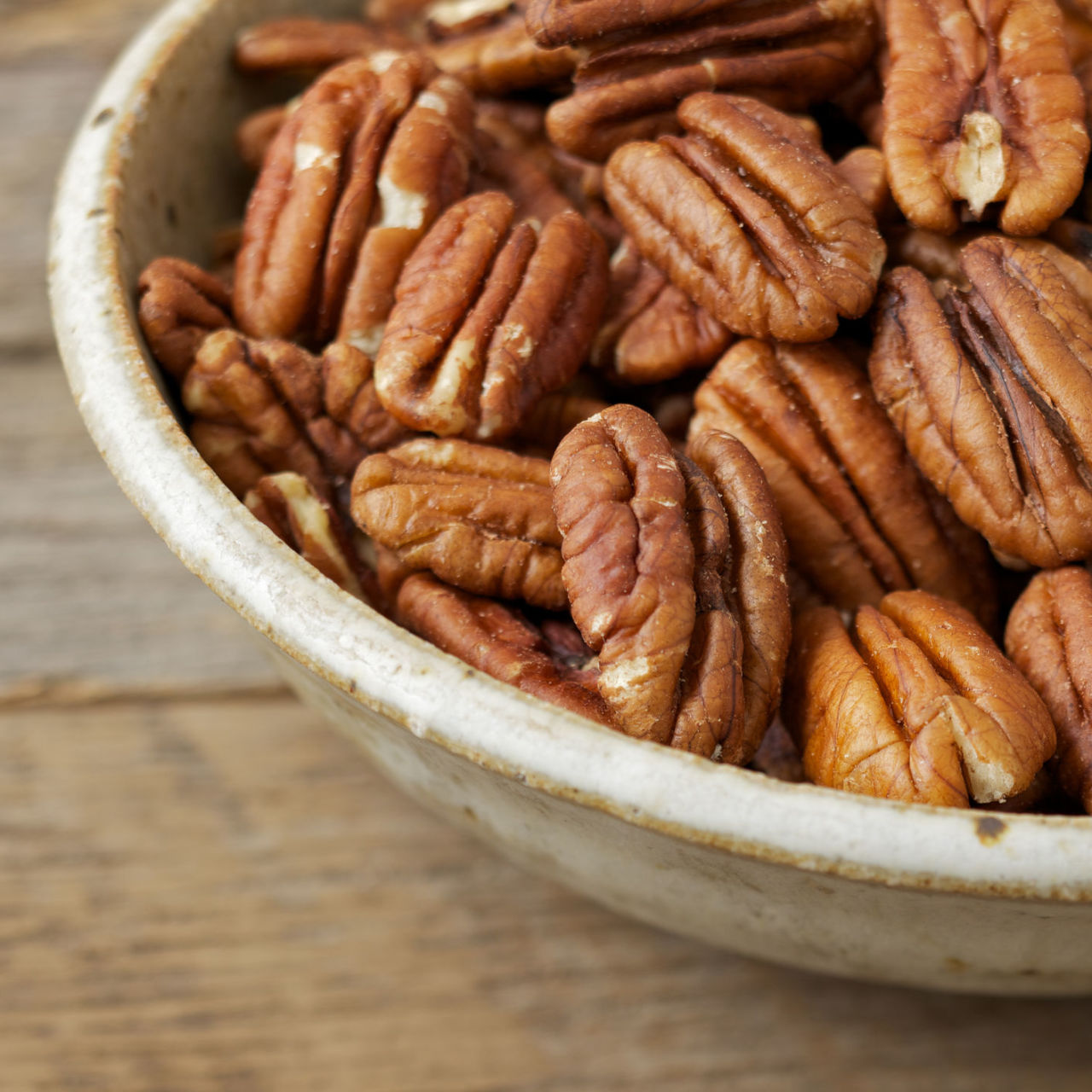Pecans have transcended their role as a simple snack to become a versatile ingredient in various dishes. These nuts are commonly used as toppings for salads, oatmeal, baked yams, and yogurt. They are also key ingredients in baked goods like muffins, pancakes, scones, bread loaves, cobblers, crisps, sweet potato casseroles, French toast, cookies, cakes, and pecan pie.

Pecans: From Snack to Culinary Star
Pecans are also popular in candies such as milk and dark chocolates, caramel clusters, nougat logs, pralines, candy bars, and chocolate turtles. These nuts come from the Carya illinoinensis, a hickory tree native to the Southern U.S. and Northern Mexico. Georgia, Texas, New Mexico, Mississippi, Tennessee, and Kansas are the top pecan-producing states. Harvested from September through November, pecans are cleaned, dried, de-shelled, sorted, packaged, and distributed. The global pecan market is valued at over $2 billion and is expected to reach nearly $4 billion within a decade.
Health Benefits of Pecans
Pecans are not just delicious but also packed with essential nutrients and health benefits. According to the U.S. Department of Agriculture, pecans contain calcium, iron, magnesium, zinc, vitamin K, and high amounts of biotin and phosphorus. Biotin helps with metabolism and contributes to better skin and hair, while phosphorus aids in maintaining developmental tissue and strengthening teeth and bones. “Pecans are also a good source of phytonutrients,” says Kristina Petersen, an assistant professor of nutritional sciences at Texas Tech University. Clinical trials show that pecans can improve cholesterol levels by lowering LDL cholesterol, a key risk factor for heart disease. They can also enhance insulin resistance in overweight or obese individuals, potentially reducing the risk of type 2 diabetes.
Excellent Source of Fiber
Pecans have an exceptionally low glycemic index, making them suitable for people with diabetes as they do not cause rapid increases in blood sugar levels. They are also an excellent source of dietary fiber, with one serving providing about 1/10th of the daily recommended value. “Fiber is an essential nutrient most Americans aren’t eating enough of, so adding pecans to your diet can help you inch closer to meeting your daily needs,” says Roxana Ehsani, a registered dietitian nutritionist and board-certified sports dietitian. Additionally, pecans offer about 9 grams of protein per cup of shelled halves, and they are rich in key minerals like manganese and copper, which are important for metabolic health and energy production, respectively.
Moderation and Considerations
Despite their numerous benefits, it’s important to consume pecans in moderation. “One downside to the nut is that pecans are calorie-dense, emphasizing the importance of mindful portion control to avoid unhealthy weight gain,” says Smith. A single cup of shelled pecan halves contains around 700 calories, more than a quarter of the daily recommended intake for most people. Smith also advises caution when purchasing pre-packaged roasted pecans, as some may contain unhealthy oils and sugar, adding empty calories to your diet.
:max_bytes(150000):strip_icc()/GettyImages-914241116-9979d7116adf4c8dba12530c31683866.jpg)
Additionally, pecans can pose a problem for the 1%-2% of Americans who have a nut allergy. “Such individuals should avoid pecans,” cautions Ehsani. However, for those without allergies, pecans remain a delicious and nutritious snack option, provided they are consumed in moderation.
